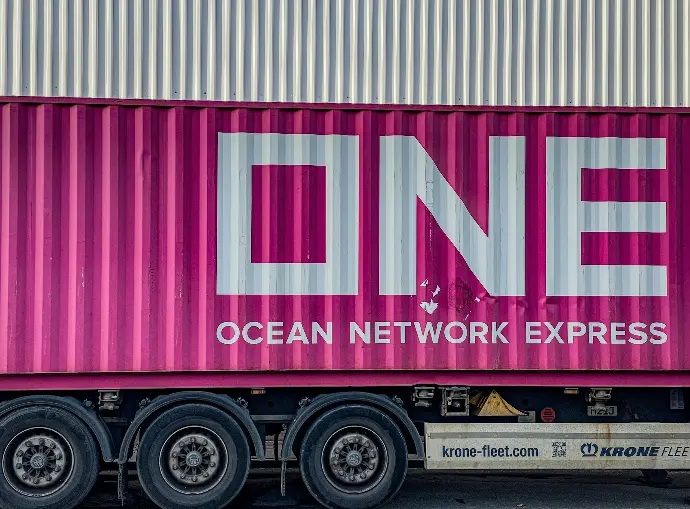When doing business with Chinese suppliers, one of the most common terms you'll come across is 'MOQ', which stands for Minimum Order Quantity. This concept is crucial in the world of procurement, especially for companies that source their products from China. MOQ refers to the smallest quantity of a product that a supplier is willing to sell, and it varies widely between different products and suppliers. Understanding MOQ is essential because it has a direct impact on your purchasing costs, inventory management and profit margins. In this part of the blog we explore the basics of MOQ and why it is such an influential factor in international trade.
What does MOQ mean?
MOQ, or Minimum Order Quantity, is a term often used in the manufacturing and procurement industries, especially in China. The concept is quite simple: it is the minimum number of units a customer must purchase with an order. This threshold is set by suppliers to ensure that their production remains profitable. For products such as clothing, where MOQ is often higher, this can have a significant impact on your sourcing strategy. MOQs vary widely depending on the product, production costs, and the specific supplier. Understanding what MOQ means and how it impacts your business is essential for successful sourcing in China.
MOQ too high: Tips on how to lower the MOQ
Lowering MOQ when sourcing in China can be a challenge, but there are several strategies you can implement to achieve your goals:
- Negotiate with suppliers: Quite obvious maybe, but start by entering into an open dialogue with your supplier about the MOQ. Be clear about your needs and ask if there is room for flexibility. Suppliers may accept 'test orders' with lower quantities.
- Order several products: Some suppliers allow you to combine several products in one order to meet MOQ. This can be particularly useful when ordering different product variants. Actually you are talking more about a Minimum Order Value.
- Choose standard products: Custom products often have a higher MOQ. By choosing standard products or slightly customized variants, a lower MOQ can sometimes be negotiated.
- Simplify your packaging: In many cases, the packaging is the stumbling block; the supplier often has to order a minimum number of printed packages from their printer, while the product itself is a standard product with a low MOQ. By choosing simple packaging, such as an unprinted kraft box with a sticker, you may be able to reduce the MOQ. Or you choose the supplier's standard packaging.
- Relationship building: A long-term relationship with a supplier can lead to more flexible MOQ terms. Reliability and consistency in orders can strengthen your negotiating position.
- Adjust the Incoterms to EXW: By removing transport costs and handling in the country of production from the supplier, such as customs formalities, you can help the supplier reduce its costs.
- Consider a higher price for lower MOQ: Consider paying a higher price per unit in exchange for a lower MOQ. This may increase overall costs, but it helps to avoid large inventories and the associated risk.
By using these strategies, you can better navigate suppliers' MOQ requirements and find a balance that suits your company size and capacity.
Read more:

Import by yourself or outsource? A strategic decision
In this article we explore the responsibilities, advantages and disadvantages of importing yourself versus outsourcing these processes.
Considerations when negotiating MOQ
When negotiating MOQ with Chinese suppliers, there are some important points to keep in mind. First, it is important to understand the supplier's cost structure and limitations. This helps determine a realistic negotiating space. Also make sure you clearly explain your own needs and limitations. It's important to find a balance between meeting the supplier's MOQ requirements and managing your own inventory risk and cash flow. Also consider alternative suppliers if a certain MOQ is too high for your business. Finally, good preparation and research into the market and your supplier can give you an advantage in negotiations.
Conclusion
MOQ is a fundamental aspect of sourcing in China and can have a major impact on your sourcing strategy and business operations. By using effective negotiation techniques and strategic planning, you can bring the MOQ to a manageable level. This will help you successfully navigate the complex world of international sourcing and grow your business effectively. Remember that every successful MOQ negotiation is a step towards a more profitable and sustainable business relationship with your Chinese suppliers.
Do you need help with importing from India?
Westwood Sourcing offers specialist support and expertise to make your import from India successful and efficient. Contact us today for more information!









